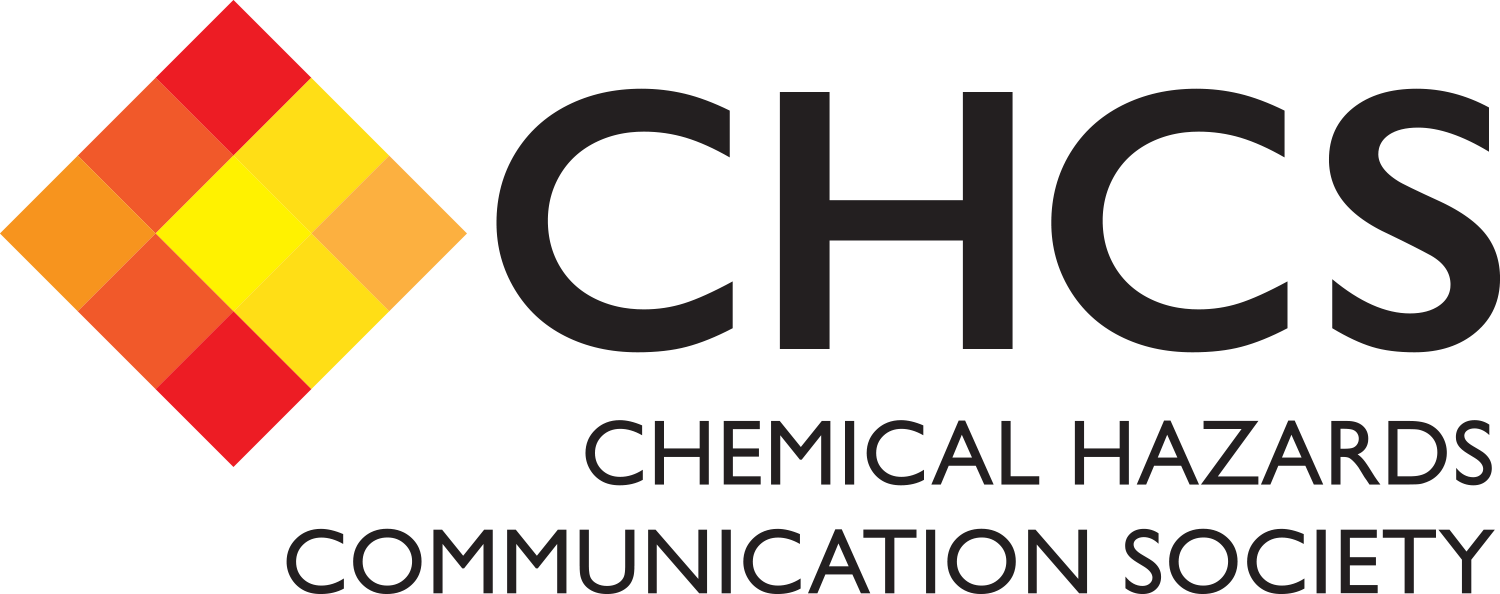CHCS NewslettersCHCS publishes Newsletters for its members. The Newsletters contain a variety of articles, often providing important insights into changes in regulation and legislation. Our Newsletters are available free-of-charge to CHCS members, who can access the full list of Newsletters by visiting: CHCS Newsletters. (Non-members can Join CHCS, then access the Newsletters). Latest CHCS Newsletter: February 2026[ direct download for CHCS members ] Our February 2026 edition contains articles as introduced below: Council and Parliament positions on the Commission text for the simplification of the Cosmetics Products Regulation On 08 July 2025, the European Commission presented an ‘Action Plan’ for the Chemicals Industry to address key challenges, described as high energy costs, unfair global competition and weak demand. The Action Plan was accompanied by a Simplification Omnibus (Omnibus VI) on chemicals to streamline and simplify key European Union (EU) chemicals legislation.Changes to the UK Cosmetics Regulation Statutory Instrument 2026 No. 23 was laid before Parliament on the 15 January 2026 introducing significant update to the UK cosmetics regulation, as notified to the World Trade Organisation, Technical Barriers to Trade Committee in October of last year.ECHA adds two chemicals to the Candidate List The European Chemicals Agency (ECHA) reports two new substances were added to the Candidate List of Substances of Very High Concern (SVHC) on 04 February 2026. ECHA consults on recommending four substances for authorisation under REACH The European Chemicals Agency (ECHA) has opened a consultation on draft recommendations to add four substances to the European Union REACH (Regulation EC No 1907/2006) Authorisation List (Annex XIV). Once added to the list, companies must apply for authorisation if they wish to continue using the substances.ECHA Campaigns: Obligations to update REACH registration dossiers The European Chemicals Agency (ECHA) reports the forthcoming launch of two campaigns to raise awareness of Industry obligations to keep registrations made under the registration, evaluation, authorisation (and restriction) of chemicals (REACH) up to date.CHCS Webinars & Events CHCS will be exhibiting at CHEMUK 2026 on 20 & 21 May 2026 at the NEC, Birmingham. Please come and visit us at stand G162. Training Courses & WorkshopsRegistration is now open for our training courses for Spring/Summer 2026. This article lists all currently available courses. News From Our PartnersNews from the British Association of Dangerous Goods Professionals (BADGP) and the Society for Chemical Hazard Communication, based in the USA. Want to find out more? | CHCS NewsCHCS' February 2026 Newsletter is now available, containing several important updates on the many recent changes to the regulation framework. See CHCS February 2026 Newsletter [Posted on 18 February 2026] |


